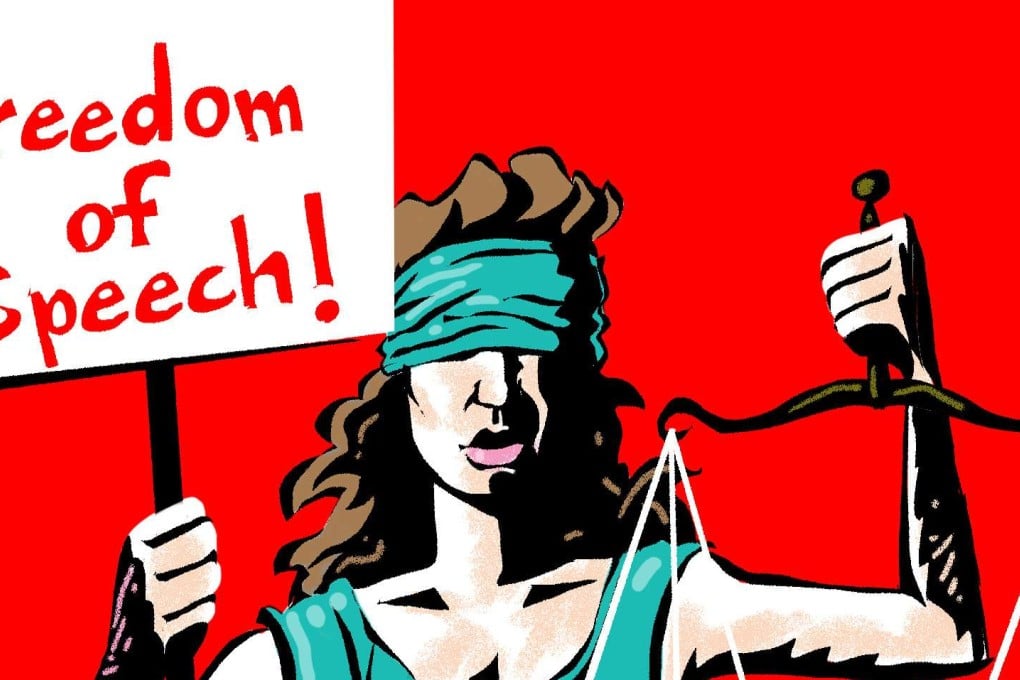Hong Kong does need to revisit Article 23 – not to criminalise calls for independence, but to modernise our outdated sedition laws
Cliff Buddle says some of the 2002 proposals for national security legislation would in fact have improved current laws


Some critics have gone further than merely expressing disapproval, calling for legal action to be taken against the young activists concerned. There have even been suggestions that new national security laws should be passed, in accordance with Article 23 of the Basic Law, to remove any doubt that publicly expressing pro-independence views is a crime.
Hong Kong should reconsider enacting Article 23 legislation to nip support for independence in the bud
There is, indeed, a need to revisit issues raised during the Article 23 debate 14 years ago, but with a different objective. Rather than seeking to criminalise mere expressions of opinion, we should be reforming and modernising our outdated colonial-era sedition laws. These laws are crying out for amendment, to bring them in line with developments elsewhere in the world and to ensure that free expression is protected.

Former top government adviser’s remarks on Article 23 spark fears over national security law for Hong Kong
The new national security laws under Article 23 proposed by the government in 2002 raised concerns about curbs to our city’s freedoms and drove half a million people onto the streets in protest. They were then promptly shelved.